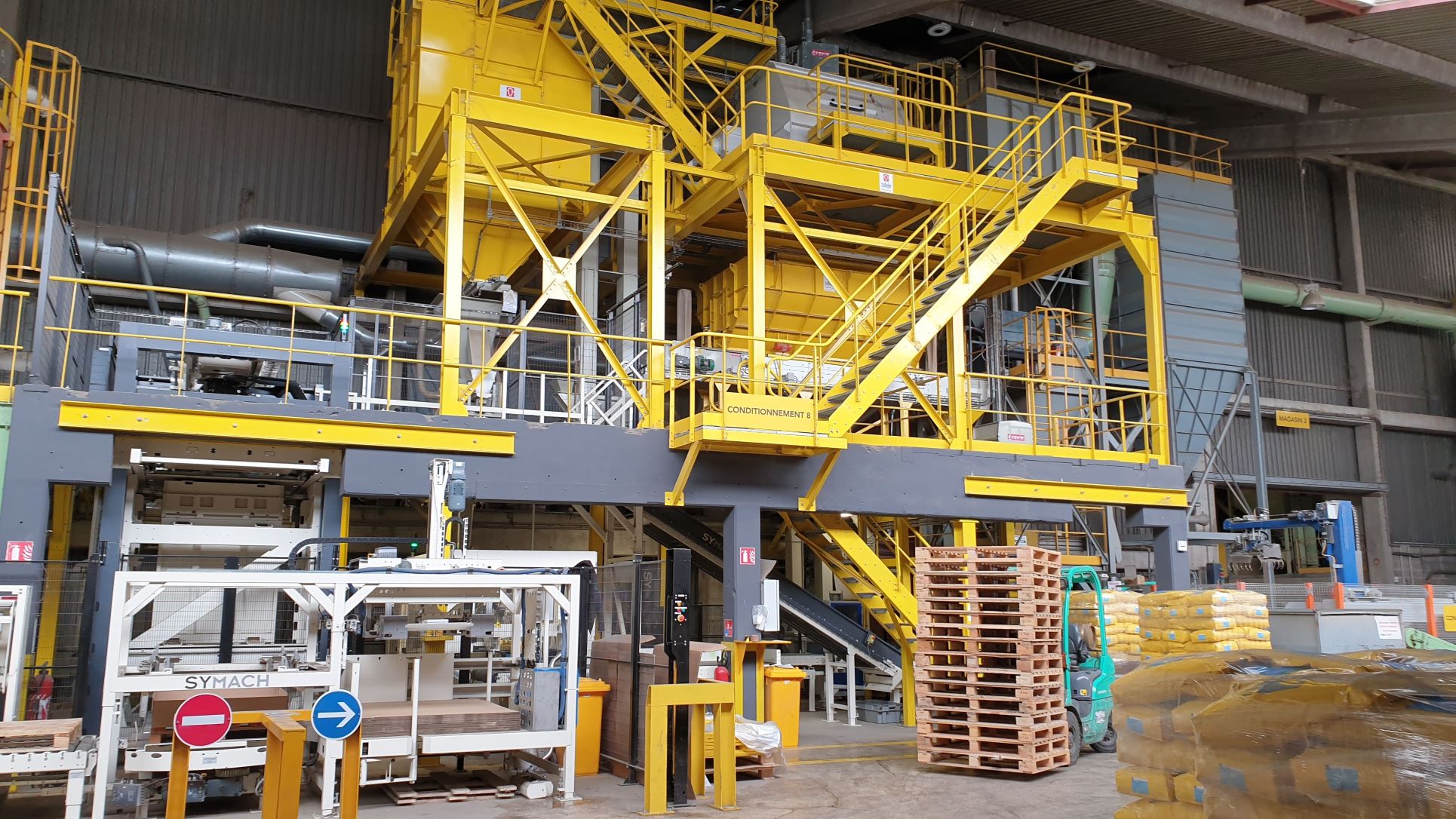A £2.2 million investment in automated packaging facilities will see one of the UK’s largest growers and processors of grass seed increase efficiency, quality control and staff safety.
Barenbrug UK, the Bury St Edmunds grass-breeding company with a customer base that ranges from dairy farmers and local authorities to Premier League football clubs and Ryder Cup golf courses, produces up to 4,500 tonnes of seed every year.
“Our forecasts suggest demand for our UK-specific grass varieties will continue to grow,” says Nicole Watkins, Commercial Operations Manager for Barenbrug UK, “particularly in the agricultural sector where post-Brexit reforms are likely to favour farming practices where grass plays a more important role.
“Outdated packaging facilities simply hold us back and stop the company from reaching its full potential, in terms of quality and throughput.
“Added to that is the opportunity this project provides to make a parallel investment in our team of dedicated staff. By increasing the level of automation, we not only improve their welfare by reducing the amount of manual handling necessary, but also allow us to focus on upskilling – equipping the team with valuable new skills and new prospects within the company.”
The company began making plans for the new line in June 2020, researching options and requirements before deciding to partner with REM Project Management and Symach Barry-Wehmiller Packaging.
Organised to fit in around Barenbrug’s highly seasonal processing and manufacturing schedule, the project is due for completion by December 2023 – giving Barenbrug UK the most up-to-date facilities within the parent company’s 22-country global operation.
“This project sees us making an investment that effectively future-proofs our facilities here in Suffolk,” says managing director Paul Johnson. “It’s exciting to be installing such a modern, innovative new line within our Suffolk headquarters.
“Once completed, it will allow us to move forward with confidence as we seek to continue our leading position as a responsible, forward-thinking grass breeder, firmly committed to serving our diverse UK customer base.”








